Presented by the ASLA Climate and Biodiversity Action Committee, for Sustainable Building Week
Wednesday, October 8th, 12:00-1:30pm online
The pre-colonial Willamette Valley was predominantly Oak Savannah and Prairie, stewarded through indigenous cultural practice of controlled burning. These fire-adapted, drought-tolerant ecosystems are now critically endangered, making up less than 1% of their historic range, and creating new prairie habitat isa critical way to bolster the biodiversity of native flora and fauna. Prairies also offer designers with a reference landscape that is adapted to future climate projections for the Pacific Northwest, when our summer’s will be longer, hotter, and drier. This panel will provide an overview of native prairie significance and composition, followed by design guidelines for the design and management of prairie analogs in the built environment. Drawing from restoration techniques, the panel will discuss site preparation, species selection, establishment, and adaptive management, with an emphasis on the aesthetic considerations for urban prairies and meadows. In comparison to other designed landscapes, prairie analogs can be “low maintenance,” but they still require infrequent disturbance for their longevity. This presentation will highlight how conventional maintenance regimes can be adapted where controlled burning is not possible and identify what elements can be integrated into the design to help support proper care.
Panelists
Lynda Boyer is a Botanist at Heritage Seedlings where she has managed their source-identified native seed production program. Lynda has over 25 years of experience working with designers, restoration ecologists, and land managers to facilitate restoration of riparian and prairie habitat across the Willamette Valley.
Michael Geffel, PLA, is the Research Director at Portland Botanical Gardens and Principal of LNDLAB, a design consultancy (re)directs maintenance & operations to socially activate and ecologically regenerate fallow landscapes. Prior to this, Michael was Professor of Practice at the UO College of Design where he founded the Fuller Initiative Land Lab: an award-winning and internationally recognized model of design research, education, and service.
Click here to register.

